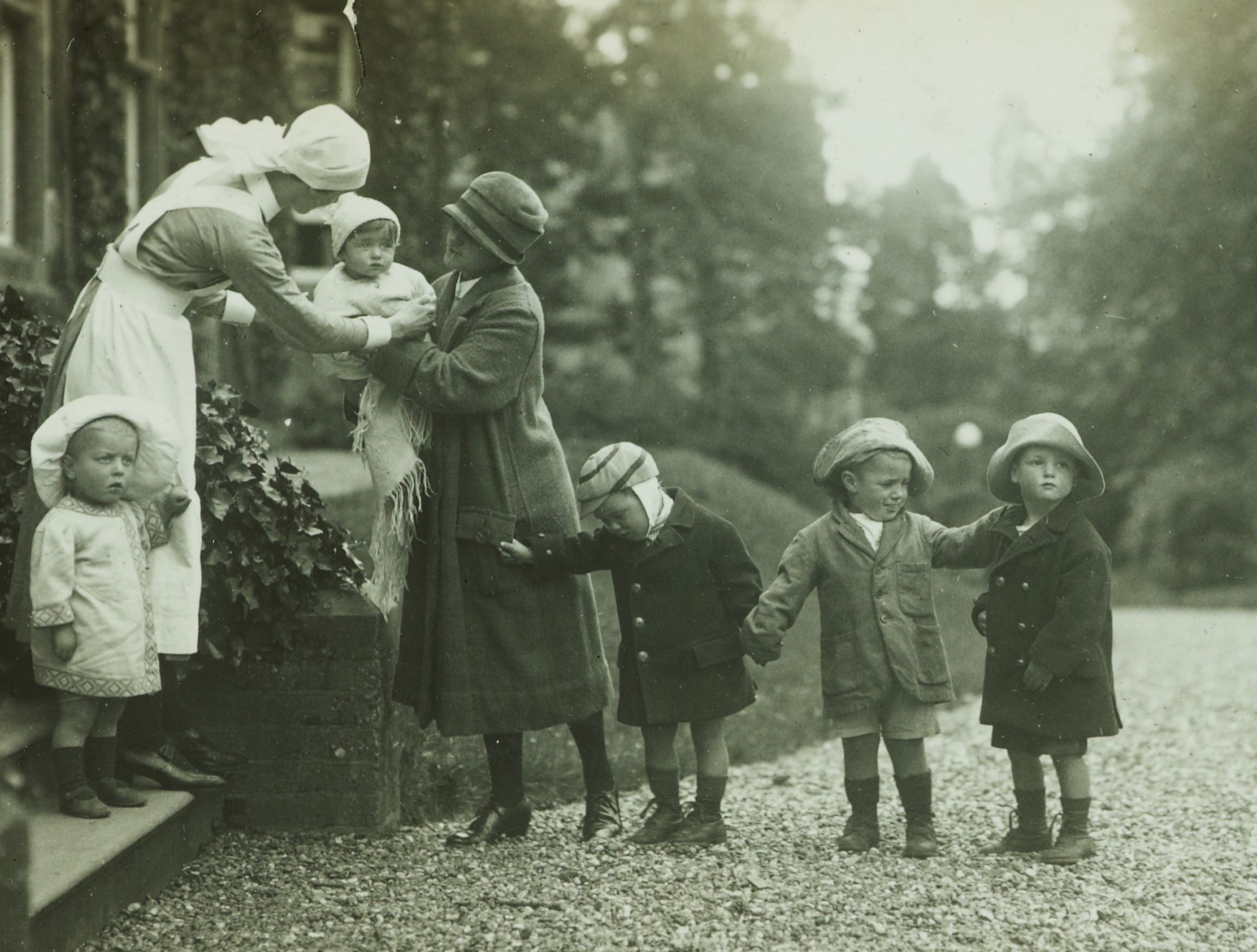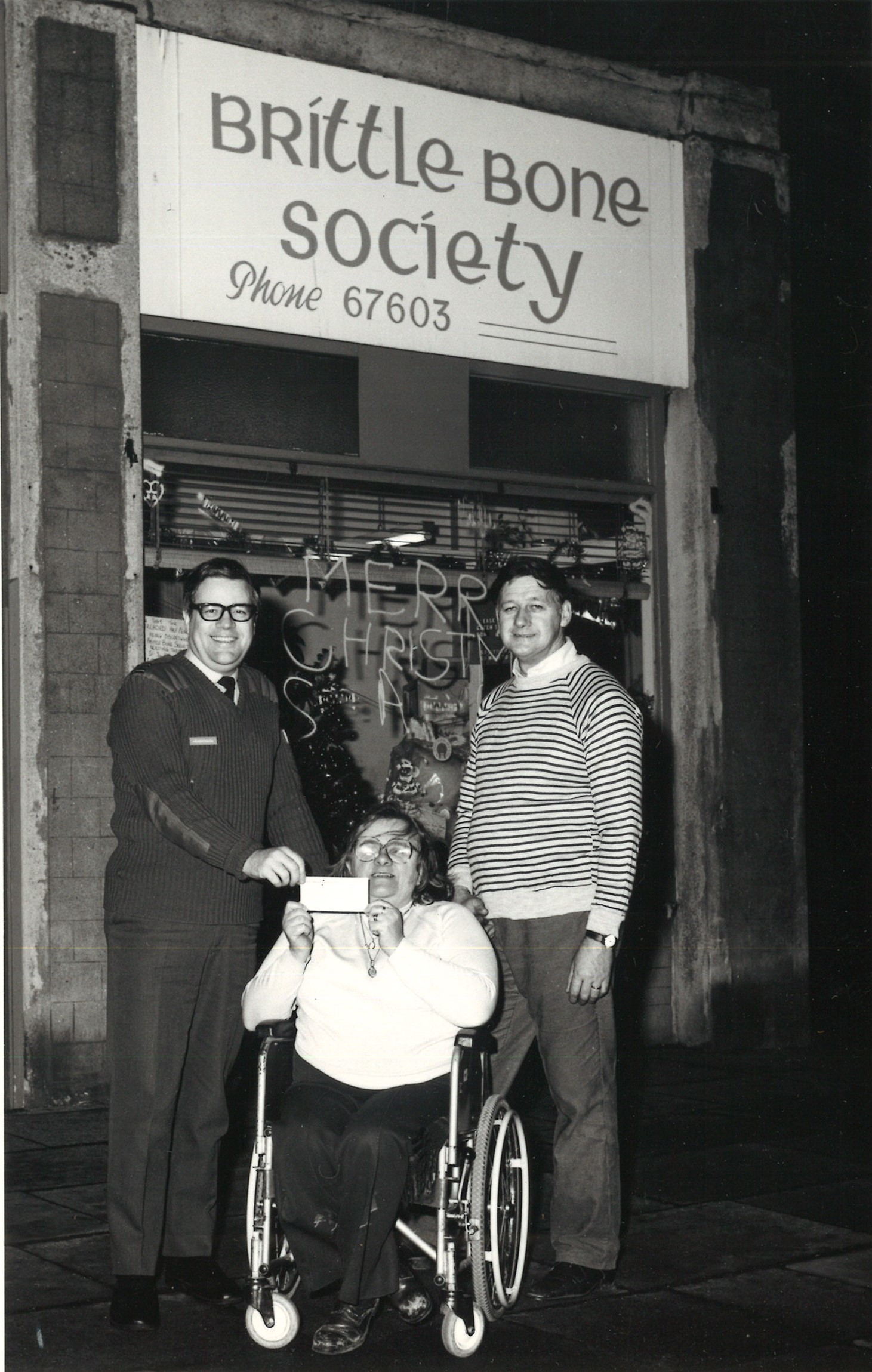‘Charities often support some of the most vulnerable and marginalised groups in society, and advocate for a breadth of causes and movements which have limited or no representation within local and national government and other formal organisations. It’s important to understand the role that charitable organisations of all sizes and scales have played and continued to play in this and their archives tell this story.’
Steering group member comment, Member Survey, October 2021

Image credit: Nursery nurses and children at Babies Castle, 1937 (Barnardo’s Archive, C2235)
The importance of charity records
The archives and records of charities, voluntary and third-sector organisations highlight the vital role of the sector in the state and society in the past, present and future. They are important sources of institutional identity, memory and accountability.
With so many services delivered by charities on behalf of the state, effective recordkeeping is essential in enabling charities to make effective responses to public interest and scrutiny. Charities also often support disadvantaged groups and their records can provide individuals with access to important personal and collective memories.
However, charity archives lack the long-term legal protection afforded to government records and only a small proportion of charities run organisational archive services. As a result, charity archives are under-valued, under-used, and at risk. This in turn undermines the charity sector’s ability to respond in a timely and positive fashion to public interest in their charitable functions.
The vulnerability of charity archives has been exacerbated by the pandemic, which has brought about immediate and long-term losses of income, and the impact of this may result in restructures, mergers and insolvency. At a time in which charities are facing greater challenges, experiencing change and are the focus of increased public attention, it is essential that charities and the public are aware of the value of archives and recordkeeping.

Image credit: University of Dundee Archive Services (copyright: RAF Leuchars)